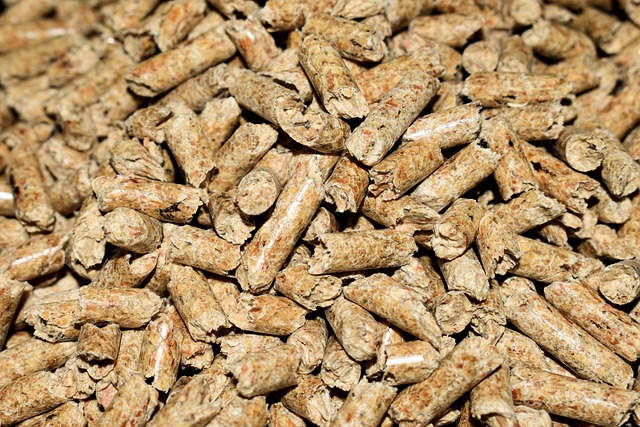Exploring the Potential of NAD+ Supplements: A Deep Dive into Cellular Health
How often do we think about the health of our cells? The cells are the building blocks of our bodies, the fundamental units that make up every tissue, organ, and system. Yet, our cellular health tends not to be a focus until something goes wrong. But what if we could proactively support our cellular health, thereby potentially delaying the aging process and preventing disease? In this article, we explore the potential of NAD+ supplements, a promising frontier in cellular health, and wellness.

NAD+, or nicotinamide adenine dinucleotide, is a coenzyme found in all living cells. It plays a crucial role in energy metabolism, DNA repair, cell survival, and aging. The body’s NAD+ levels naturally decline as we age, leading to cellular aging and potentially contributing to the development of age-related diseases. So, could supplementing with NAD+ slow down this process?
An Overview of NAD+ in the Cellular World
NAD+ has been a subject of interest for researchers for over a century. Its discovery in 1906 led to a Nobel Prize in 1931 for the elucidation of its role in cellular metabolism. However, the potential of NAD+ in aging and disease prevention has only become a focus in the last couple of decades.
In 2000, scientists discovered that NAD+ is not just involved in energy metabolism but also acts as a substrate for a group of enzymes called sirtuins. Sirtuins are known as “longevity proteins” because they regulate cellular processes that affect aging and longevity, such as inflammation, stress resistance, and fat metabolism. By consuming NAD+, sirtuins can exert their beneficial effects, leading to improved cellular health and potentially extended lifespan.
Current Research and Potential Benefits of NAD+ Supplements
In recent years, numerous animal studies have shown promising results on the benefits of NAD+ supplementation. For instance, a 2016 study published in the journal Science showed that NAD+ supplementation could reverse the aging process in mice by boosting the activity of sirtuins. The treated mice had improved muscle function, better DNA repair, and lived longer than the untreated mice.
A 2017 study published in Nature Communications found similar results in aged mice, showing that NAD+ supplementation could rejuvenate stem cells, improve muscle function, and extend lifespan. In addition, a 2018 study published in Cell Metabolism demonstrated that NAD+ supplementation could protect mice from age-related weight gain, improve their insulin sensitivity, and enhance their physical endurance.
While these results are encouraging, it’s important to note that most research on NAD+ supplementation has been conducted on animals. Human studies are still limited, and more research is necessary to establish the safety and efficacy of NAD+ supplements in humans.
Weighing the Efficacy and Challenges of NAD+ Supplements
NAD+ supplements are readily available on the market and are often marketed for their potential anti-aging benefits. However, the current body of research does not conclusively support these claims. While animal studies have shown promising results, human studies are limited and have produced mixed results.
For instance, a small 2017 study published in the journal Nature found that NAD+ supplementation could increase NAD+ levels in healthy middle-aged and older adults. However, the study did not observe any significant improvements in metabolic health, insulin sensitivity, or physical performance.
Moreover, there are potential risks associated with NAD+ supplementation. High doses of NAD+ might cause side effects such as nausea, fatigue, headaches, and indigestion. Therefore, it’s always advisable to consult with a healthcare provider before starting any new supplement regimen.
Interesting Insights into Cellular Health
-
NAD+ is not the only molecule that plays a crucial role in cellular health. Other important molecules include coenzyme Q10, which is involved in energy production, and glutathione, which protects cells from oxidative stress.
-
Regular exercise and a healthy diet can naturally boost NAD+ levels. For instance, foods rich in niacin, a form of vitamin B3, can increase NAD+ levels in the body.
-
Some herbs and spices, such as turmeric and cinnamon, have been shown to increase NAD+ levels and boost sirtuin activity.
In conclusion, while NAD+ supplementation presents a promising frontier in cellular health and wellness, more research is needed to fully understand its benefits and risks. In the meantime, maintaining a healthy lifestyle, including regular exercise and a balanced diet, remains the most effective way to support cellular health.






